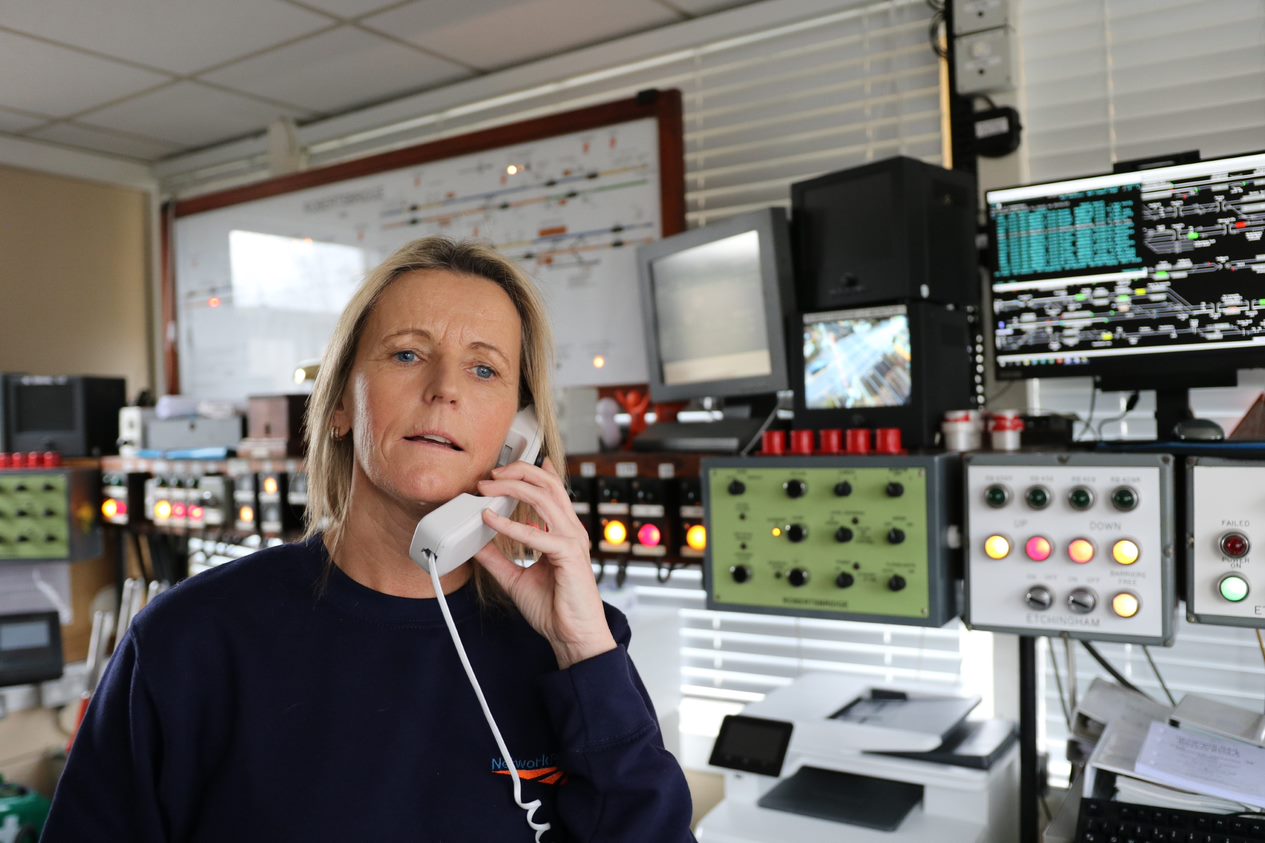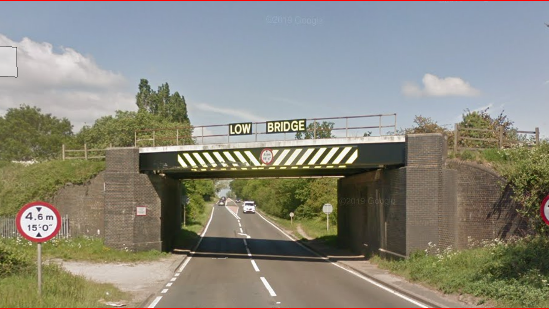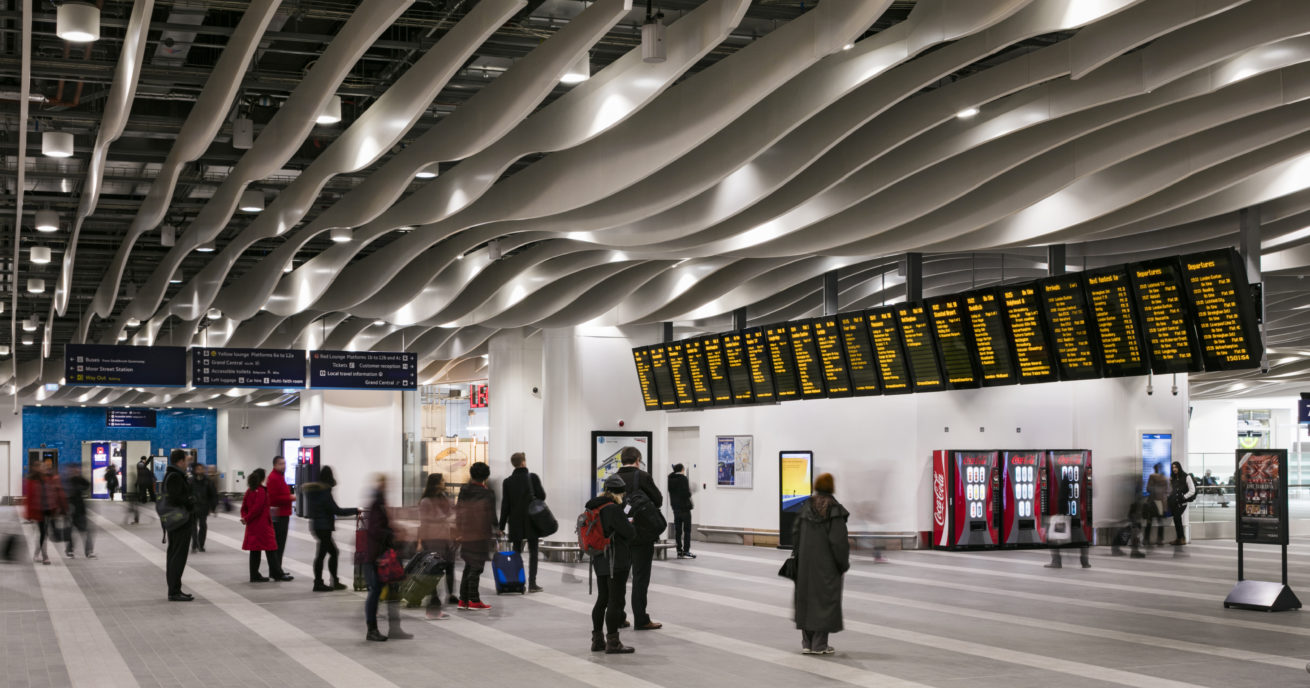The safe, efficient and reliable operation of signals across the railway allows trains to move around safely and keeps Britain moving.
Our signallers play an integral part in the running of the railway, and connecting people to places and is a great career.
Without our signallers, the railway simply couldn’t function. It’s a big responsibility but it’s also a huge opportunity to do meaningful work – everyday.
We recently spoke with Alison Badrock about her life at Network Rail as a signaller.
Why did you become a signaller?
My two brothers worked for Network Rail and my dad was a contractor at the time. I would listen to them talking about their jobs and the roles they played, with one of my brothers being a signaller, which I found very interesting but challenging at the same time due to the responsibility of the job.
I always thought the railway was more of a ‘man’s world’ and when I asked my dad if it was something I could do, he encouraged me to pursue it. I was working as a private carer and was a single mum and felt a little stuck in my job. I had completed my personal track safety and worked with my dad for two years as a contractor on the tracks then my brother who is a signaller encouraged me to apply for a signalling job.
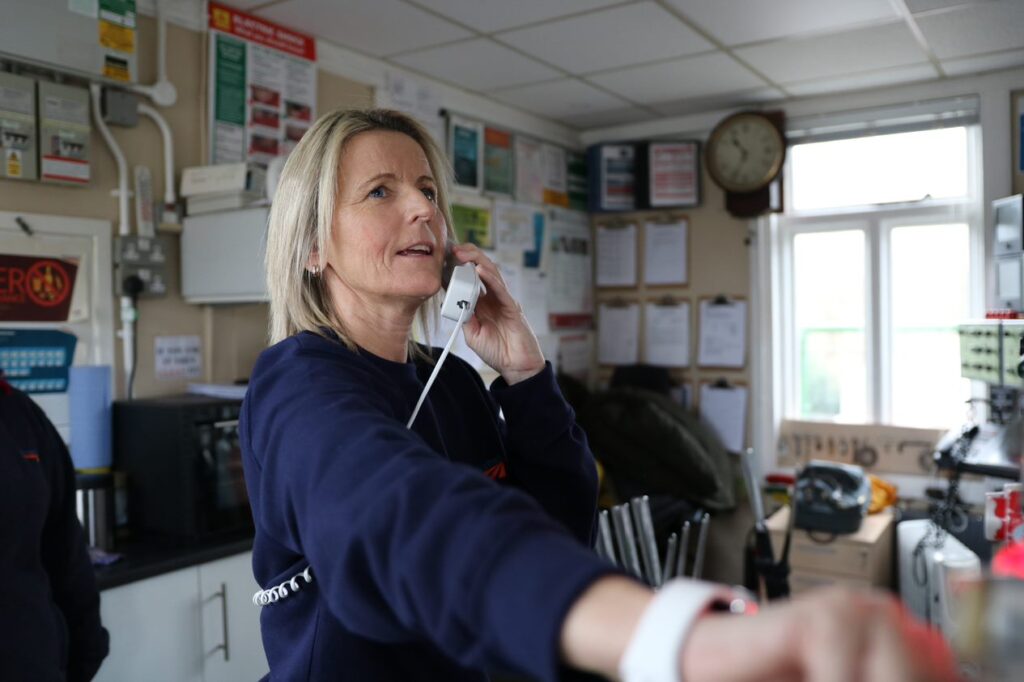
Signalling was something I was more interested in due to the different responsibilities within the role and how things can change so quickly. I was nervous and apprehensive about applying as there wasn’t as many female signallers back then 11 years ago.
My other brother, who is a local operations manager, advised me to work in a smaller signal box to build up my confidence and that was exactly what I did. I started my career in Rye and I’m so happy I listened to him. I couldn’t imagine working in any other industry.
What do you like the most about the job?
I like the technical side of my job and how the day to day running can change at a moment’s notice from delays to failures. It amazes me that I still learn new things within the role. I work in a lever frame box, which is very traditional, and I just love it.
The location of my signal box signal box is set in a village area where I have local residents nearby. I get to speak to and meet them as I walk to and from the signal box, which makes you feel part of the community.
I also get to communicate with the local residents when they request permission to cross the user work crossing I am responsible for.
What’s the job like day to day?
When you arrive at the signal box you do a full handover with your colleague. This can include the location of any trains in your area of control or if there are any faults or failures you need to be aware of.
We have line blockages where we have colleagues going out onto our tracks to fix things so it’s really important to have a high level of concentration so that everything runs smoothly and safely.
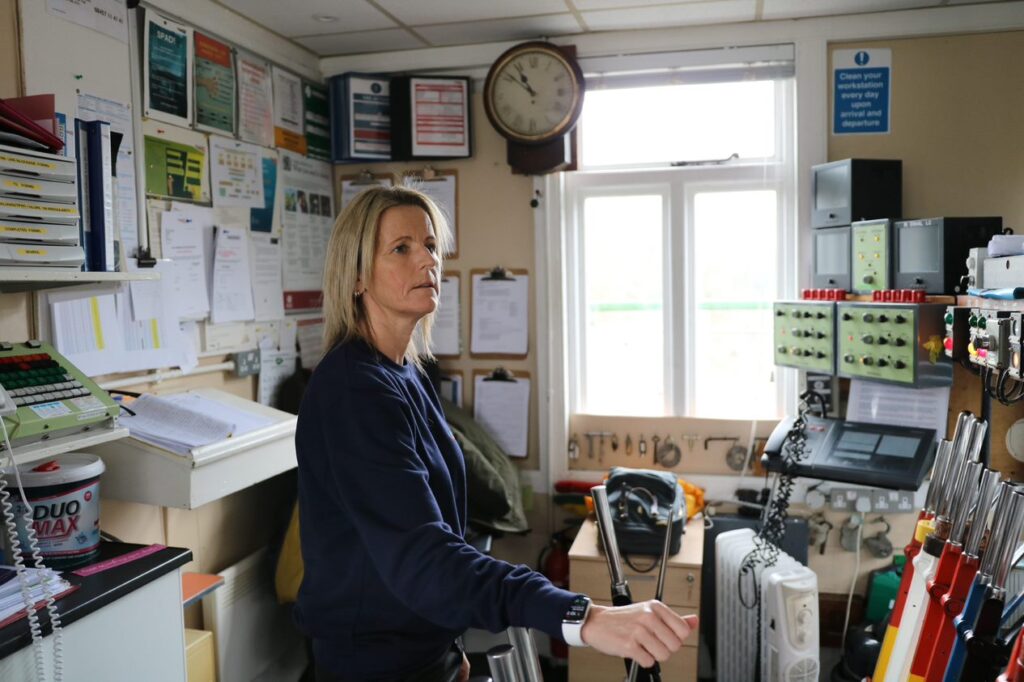
The area of signalling I control is part of the Hastings and Charing Cross line. Within my section of track, I am responsible for four CCTV level crossings, a user work level crossing, a single line tunnel and two sidings.
The main purpose of a signaller is to regulate the movements of trains which is what I do through track circuit block signalling using a lever frame system. A train activates a track circuit, which lights up in the signal box to indicate a train is present and as the train moves along the track, the track circuits will illuminate and go out as the train is moving.
The signaller will set routes, lower any crossings making sure they are clear and pull the signal off before the train approaches them. This is vital to ensuring trains get to and from their destination on time. With a single line tunnel, we have to make sure trains are regulated on time, which is vital when trains are delayed, particularly if there is a disruption to train services.
What advice would you give to someone wanting to become a signaller?
I would say, give it a try. I went in as a complete novice. Network Rail trains you and teaches you everything you need to know. Being a signaller is a great career and if you want to progress, the opportunities are endless.
Since I started 11 years ago, the railway is a completely different place and there are so many women now in senior positions. We even have a regional managing director, who is now a woman. I genuinely couldn’t have imagined that a decade ago.
What’s it like working shifts?
As a single mum, the shifts have always really worked well for my lifestyle. Dependent on my shifts, I was able to pick up or take my son to school. I also arrange my gym sessions, dentist appointments outside of working hours. I’m so used to it now; I honestly don’t think I could even go back to a typical nine to five role.
